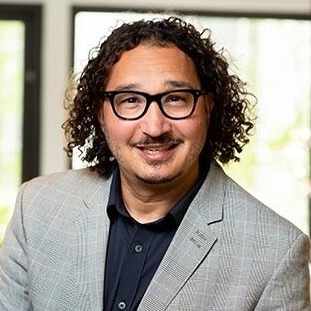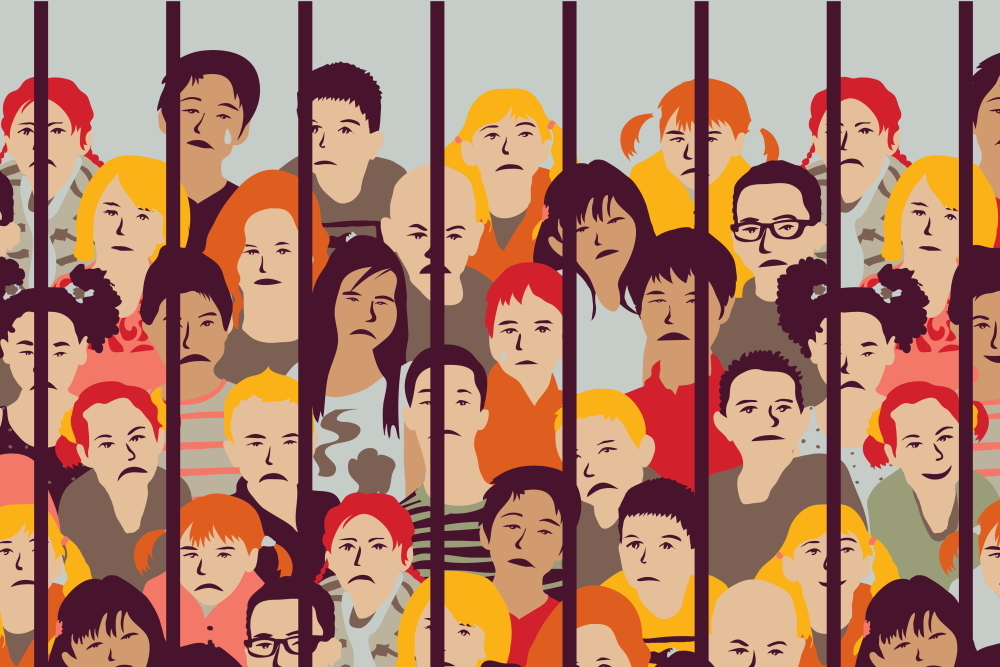Lemonada Media has released three new podcast episodes exploring different aspects of the juvenile justice system. These Annie E. Casey Foundation-supported episodes highlight the connection between community safety and positive youth development, showing what helps young people mature into productive adults.

Courtesy LinkedIn
Maya Rupert, podcast host
They are ideal for anyone interested in understanding effective ways to respond when young people make mistakes and break the law.
Hosted by Maya Rupert, the episodes are featured in Good Things, a podcast series focused on practical solutions to some of the country’s most challenging issues. It helps audiences move from fear to solutions for young people who encounter law enforcement.
Episode 1: Rethinking Youth Crime
(37 minutes)

Courtesy AECF
Nate Balis
Risky or impulsive behavior, such as underage drinking, experimenting with drugs or shoplifting, is often a part of adolescence. These moments are typically mistakes that people move past without lasting consequences. However, for some young people, this kind of boundary-testing can lead to involvement with the juvenile justice system. Nate Balis, director of the Juvenile Justice Strategy Group at the Casey Foundation, talks about reframing how we think about youth crime, the need for effective solutions that promote community safety and how much young people need adults in their corner.
[Related Report: Expanding education and employment pathways for systems-involved young people]
Episode 2: Transforming Youth Probation
(34 minutes)

Courtesy AECF
Steve Bishop,
As a youth probation officer, Steve Bishop wanted the young people he worked with to have the same support and opportunities he had growing up — opportunities that kept him on track while some of his peers were derailed by involvement with the juvenile justice system. Now, as the associate director for Probation and System Transformation at Casey, Bishop works to transform youth probation around the country — holding young people accountable for their actions by steering them toward the kinds of guidance and support that can help them grow into responsible adults. In this conversation, Bishop talks about how to create a more just and restorative system that’s based on relationships, trust and community.
Episode 3: Accountability Through Community and Relationships
(36 minutes)

Courtesy AECF
Kevin Williams
The juvenile court system in Pierce County, Washington — home of Tacoma — recognizes that most youth who get in trouble with the law can get back on track without incarceration. Moreover, they’re more likely to thrive in their own communities than in detention. Kevin Williams, manager of Probation Services for Pierce County Juvenile Court, and the Casey Foundation’s Steve Bishop talk about what probation transformation looks like in action and how accountability through community relationships is essential to long-term community safety.
[Related: Learn about the benefits of opportunity-based probation]
[Related Report: National report highlights severe cost of inadequate juvenile justice system]
***
Maya Rupert is a Washington, D.C.- based political strategist, writer, advocate, and host to several podcast series. She frequently writes about race, gender, culture, and politics, and has written for numerous publications including The New York Times,The Atlantic, Slate, Salon, The Washington Post. Rupert has a BA in Political Science and Philosophy from the University of California at Santa Barbara, and a Doctor of Law – JD from the>University of California at Berkeley – School of Law.
Good Things from Lemonada Media is a podcast about the good people in the world who are rolling up their sleeves and working hard to make things better. Each week, they talk about this country’s most complex and confounding issues in an effort to affect systemic change.
This story was originally published by the Annie E. Casey Foundation. AECF provided grant support for this series of podcasts. ©2025 The Annie E. Casey Foundation.
The Annie E. Casey Foundation (AECF®) is devoted to developing a brighter future for millions of children and young people with respect to their educational, economic, social and health outcomes.




























